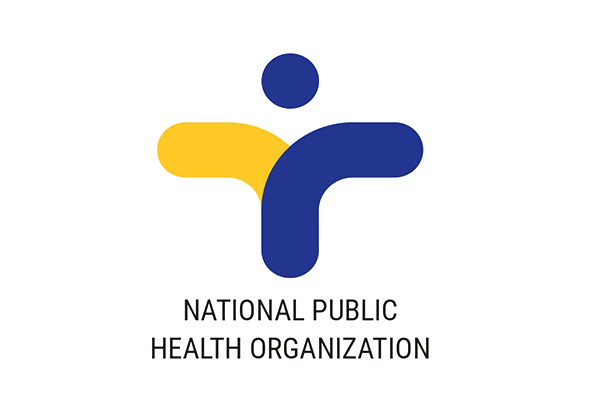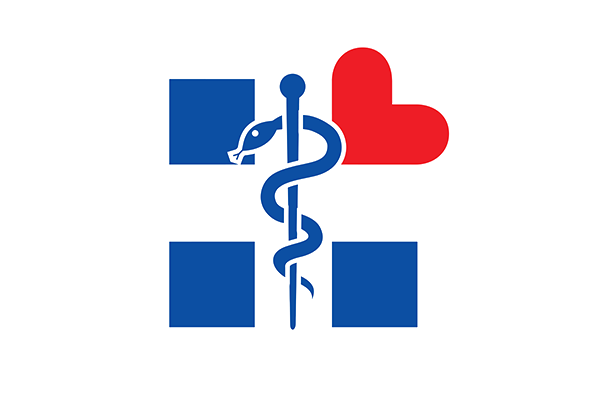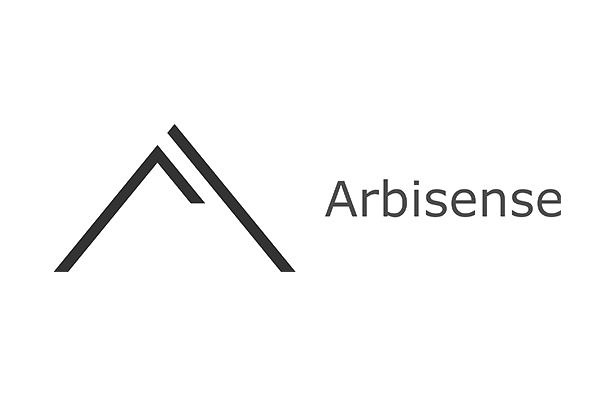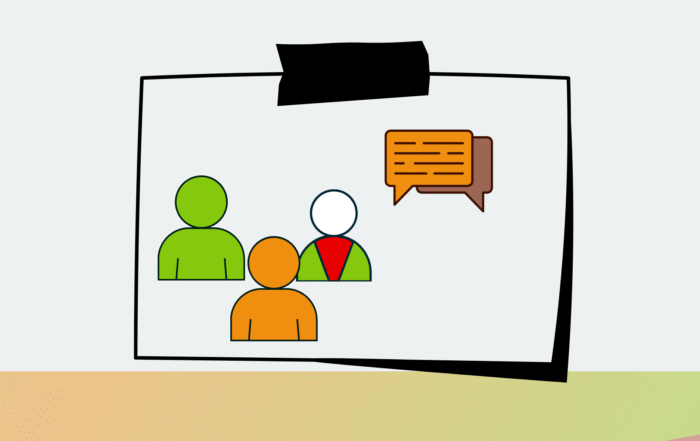PREVENT is a collaborative EU-funded Action to Improve and Upscale Primary Prevention of Cancer by Addressing Childhood Obesity. Through diligent implementation research and a comprehensive approach, PREVENT aims to lay the foundation for a future where healthier lifestyles and brighter tomorrows await every child.
Supported and funded by the European Commission through the Horizon Europe program.
Keep in touch
Sign up for our mailing and join our stakeholder network list to receive occasional emails as we publish key project materials and commission new strands of work.
The Project
How we will do it?
Our work packages are evolving, but include consideration, development and focus on:
Consortium partners
This project brings together 20 partners from 7 European nations to combat youth obesity. Through the implementation of interventions tailored to specific contexts, it addresses primary risks and lowers cancer concerns associated with excess weight. The collaboration seamlessly merges academic institutions, health authorities, ministries, schools, safety agencies, associations, and nonprofits collaborating as one cohesive force.
News and Events
Find out about the latest PREVENT related news and events.
Keeping children’s data safe in the PREVENT project
The PREVENT project aims to address childhood obesity and related health risks. To do so, it collects sensitive personal data from children across three Living Labs based in Catalonia (Spain), Greece, and Sweden. Given [...]
ECO2025: Advancing Obesity Research and Innovation
Málaga, Spain – 11–14 May 2025 The 32nd European Congress on Obesity (ECO2025), held in Málaga, brought together leading experts, policymakers, and stakeholders in the field of obesity research and prevention. Organised by the [...]
The PREVENT Living Labs: A new approach to tackling childhood obesity
Childhood obesity is a growing public health challenge, with long-term impacts on health and well-being. The PREVENT project, funded by Horizon Europe, is taking an innovative approach to addressing this issue through Living Labs—real-world [...]
























